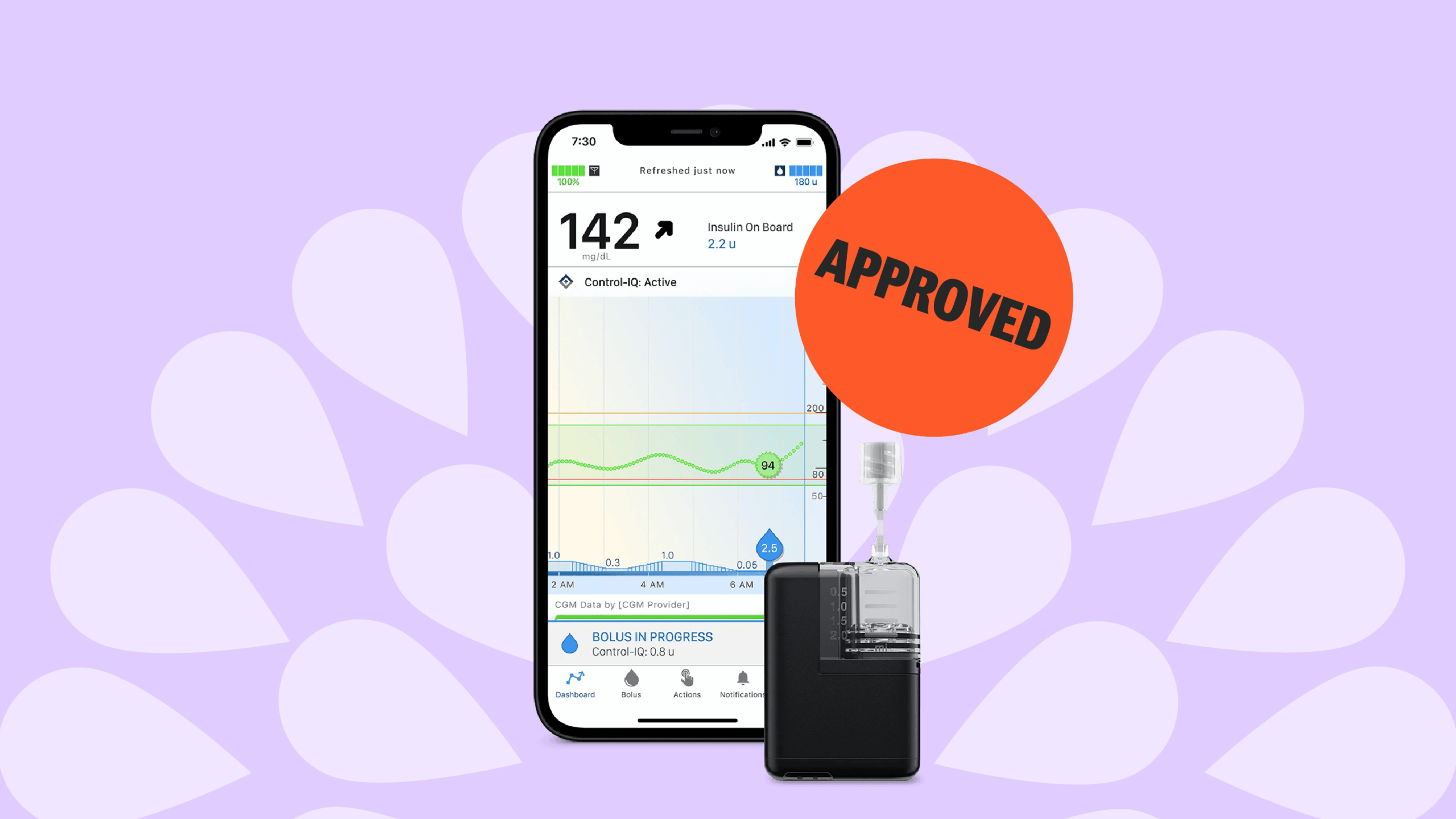What is Type 2 Diabetes?
Type 2 diabetes occurs when the body cannot properly use insulin, a hormone that regulates blood sugar. This is also known as insulin resistance.
Type 2 diabetes happens when the body can’t properly use insulin, leading to insulin resistance.
Insulin helps cells absorb glucose for energy. At first, the pancreas makes extra insulin, but over time it can’t keep up
What Are the Risk Factors for Developing Type 2 Diabetes?
According to data from the International Diabetes Federation, 537 million cases of diabetes were reported worldwide in 2021—90% of which correspond to type 2 diabetes.
These may be factors for developing type 2 diabetes and are not exclusive causes:
- Obesity
- Lifestyle
- Lack of physical activity
- Smoking
- Genetic predisposition found in UAE research (Asian Americans, African Americans, Latinos, Native Americans)
While there is currently no cure for type 2 diabetes, it can often be managed with lifestyle modifications (i.e. diet and exercise) and medication.
What’s the Difference Between Type 1 and Type 2 Diabetes?
Type 1 is different because the immune system attacks the pancreas, preventing insulin production. People with type 1 need insulin for life, and there’s no cure. Without early detection, both types of diabetes can cause high blood sugar, leading to symptoms like:
How Are the Two Types of Diabetes Similar?
While type 2 and type 1 differ in nature, where they often meet is in complications. Prolonged levels of high blood sugar in anyone with diabetes can lead to long-term complications ranging from heart disease, kidney failure, foot complications, eye complications and nerve damage.
Additional Reading
- To Reveal or Not to Reveal Your Diagnosis?
- Hear how this woman handles the uncomfortable work situation when she is offered sweets.
- Diabetes is Not Your Fault
- Dealing with a diabetes diagnosis is hard enough, and blaming yourself does not help. Learn that you are not alone and how to manage this emotionally impacting health reality.
Resources
Diabetes Management
Dr. Bob Gabbay Answers your GLP-1 Questions
Technology & Equipment
Dexcom G6 To Be Discontinued: What You Need to Know
Nutrition
6 Healthy Resolutions That Have Nothing To Do With Weight
Technology & Equipment
Insulet’s Updated Omnipod 5 Algorithm Approved by FDA
Health Care
These Programs Cover the Cost of Insulin: Do You Qualify?
Beyond Ambassadors
Together we can transform lives. Together we are going Beyond Barriers.
Beyond Diagnosis
Getting diagnosed with diabetes sucks. We're making it suck less.
Get Insulin
Connecting people living with diabetes in the United States to the insulin access and affordability...
Community Table
Every month, all year long, Beyond Type 1 hosts conversations around under-discussed issues facing the...
Beyond Scholars
Empowering success through education for people living with diabetes.
Beyond Barriers
Together we can transform lives. Together we are going Beyond Barriers.
See The Signs
Become a #SeeTheSigns Ambassador for Beyond Type 1 and help save lives by sharing a...
Sponsor
Content is made possible with support from Abbott. Beyond Type 1 maintains editorial control over its content.




